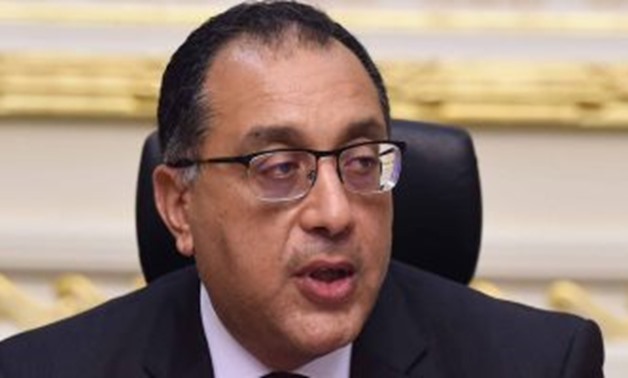
FILE - Egypt's Prime Minister Mostafa Madbouli
CAIRO – 26 December 2019: The Cabinet approved on Thursday the draft law governing the organization of clinical medical research, the provision of which aims to lay the foundations and standards required for conducting medical research while protecting those subject to the trials.
Such research varies between preventive, diagnostic, therapeutic and non-remedial. This research is required to adhere to the provisions of relevant Egyptian laws and regulations, given they are consistent with recognized international standards and ethical principles in the manner shown in the executive regulations.
Clinical trials are the tests conducted on human participants, or groups of humans, in order to evaluate the effectiveness and safety of newly developed medications or medical devices. This law has raised many concerns over the ethical nature and legality of the process.
As the second-biggest destination for clinical trials in Africa, Egypt has witnessed a steady increase in the number of trials it hosts, which has pushed Parliament to discuss this law, potentially putting restrictions on experiments that are conducted in hospitals.
In February 2016, there were 57 active clinical drug trials, and over half of these trials were to assess cancer treatments.
According to the law, no one will forcibly be subjected to clinical trials, which are performed on a volunteer basis.
The clinical trial law, consisting of 18 articles, was first discussed by Parliament in 2006. As the society strongly rejected the law, it was suspended. It was issued again in 2014 without amendments to its articles.
Additional reporting by Jehad el-Sayed
Comments
Leave a Comment